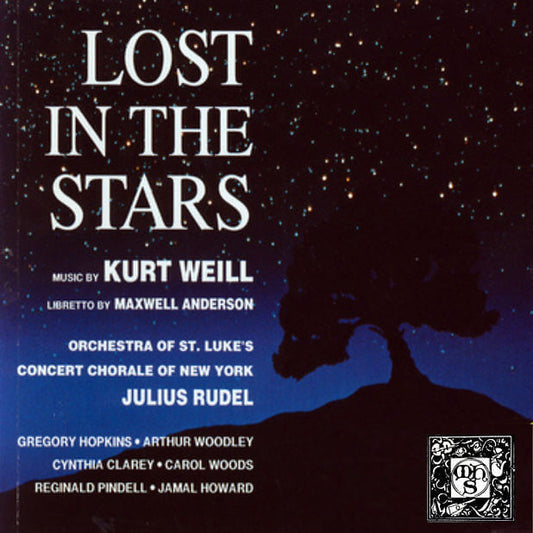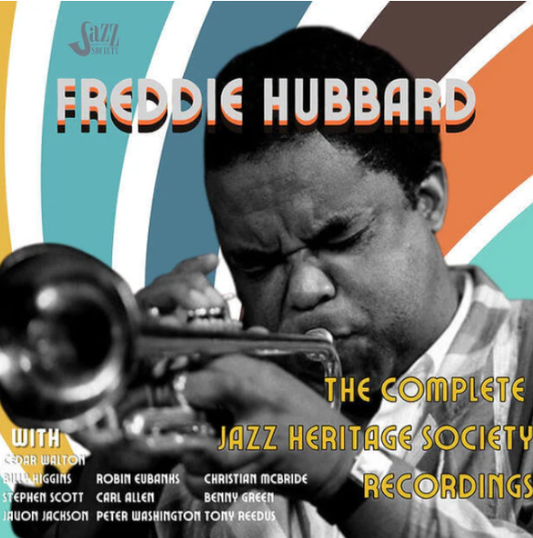Collection: KURT WEILL (1900–1950)
Weill's formal musical education began at the Berliner Hochschule für Musik, where he studied composition under Engelbert Humperdinck and counterpoint with Friedrich Koch. He also attended philosophy lectures by Ernst Cassirer, which influenced his intellectual approach to music. Financial hardships during World War I led Weill to work as a répétiteur at the Friedrich-Theater in Dessau, where he gained experience in opera production.
In the 1920s, Weill emerged as a leading composer in Germany, known for his experimental and socially conscious works. His collaboration with playwright Bertolt Brecht marked a turning point in his career. Together, they created The Threepenny Opera (1928), a modern adaptation of John Gay's The Beggar's Opera. The production, featuring the iconic song "Mack the Knife," was a groundbreaking success and established Weill's reputation as a composer who blended classical and popular styles.
Weill and Brecht continued their partnership with works like Rise and Fall of the City of Mahagonny (1930), which satirized capitalism and societal corruption. Weill's music, characterized by its jazz influences and sharp social commentary, resonated with audiences and critics alike. However, the rise of the Nazi regime in the early 1930s forced Weill, a staunch leftist and Jewish artist, to flee Germany.
In 1935, Weill emigrated to the United States, where he reinvented himself as a composer for Broadway. His works, such as Lady in the Dark (1941), One Touch of Venus (1943), and Street Scene (1947), showcased his ability to adapt to American musical theater while maintaining his distinctive style. Weill's compositions often explored themes of identity, social justice, and the human condition, reflecting his European roots and American experiences.
Weill became a U.S. citizen in 1943 and continued to collaborate with prominent artists, including his wife, actress and singer Lotte Lenya. Lenya, whom he married in 1926 and remarried in 1937 after a brief separation, was a muse and advocate for his work. Their partnership was both personal and professional, with Lenya performing in many of Weill's productions.
Despite his success in America, Weill faced challenges in balancing his artistic ambitions with commercial demands. His works often pushed the boundaries of musical theater, blending operatic elements with popular music. Weill's commitment to creating socially relevant art earned him admiration but also criticism from traditionalists.
Kurt Weill passed away on April 3, 1950, in New York City, at the age of 50, due to a heart attack. His legacy endures through his innovative compositions, which continue to be performed and studied worldwide. Weill's ability to transcend cultural and musical boundaries has cemented his place as one of the most influential composers of the 20th century. You can explore more about his life and works here.







